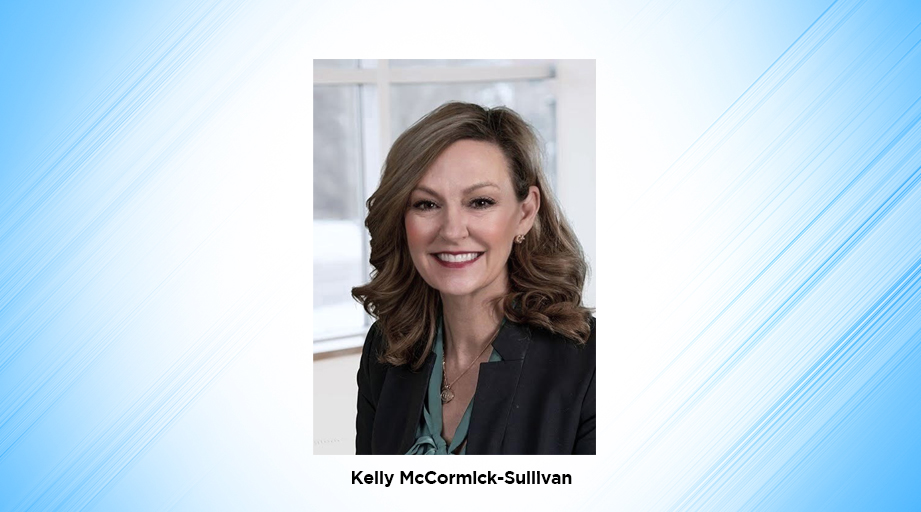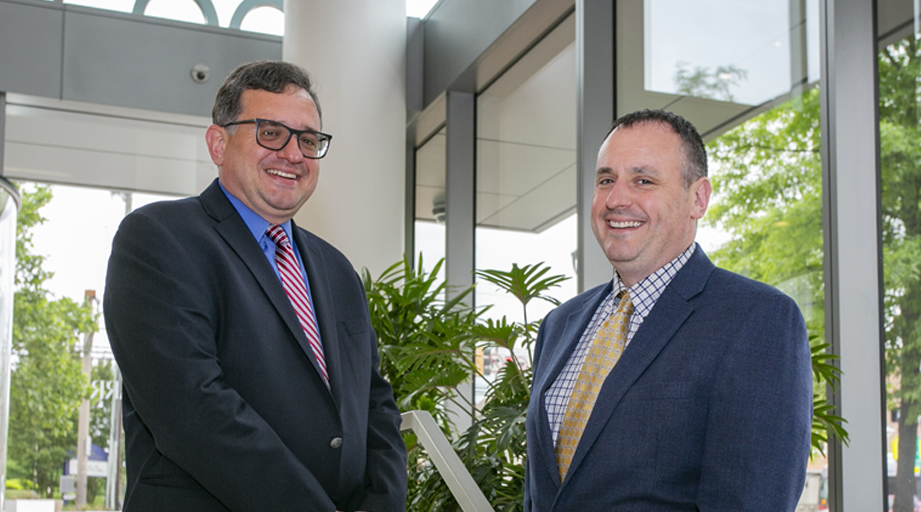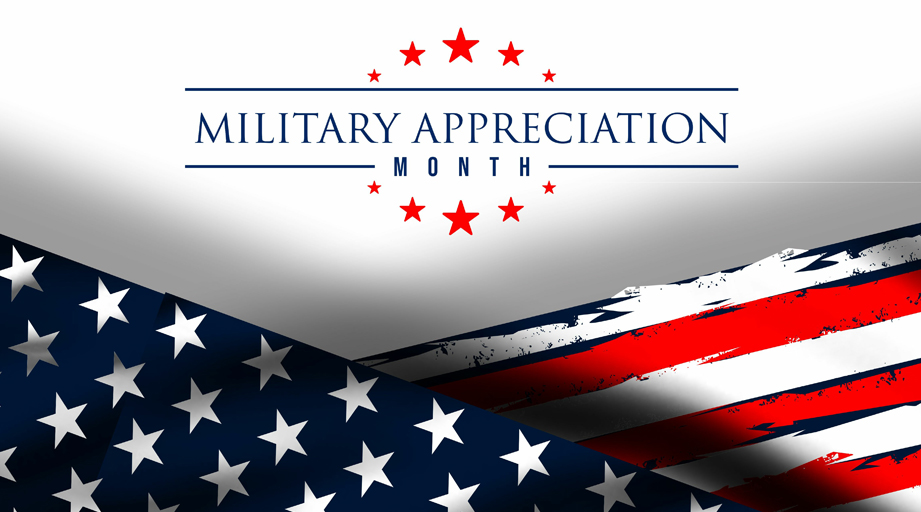
Summer COVID-19 Surge Unlike Others
The pharmacy team at Huntsville Hospital is preparing for a grim end to summer as northern Alabama copes with its third and potentially largest COVID-19 surge.
“The projections have us peaking somewhere between 200 and 300 [admissions] toward the end of August,” said Jack Adams, director of pharmacy at the 881-bed hospital. “We’re trying to get ready and prepared for what might happen to us in the next four to six weeks.”
Pharmacy Operations Manager Berkley Sykes said this surge is emotionally difficult for the staff because the crisis probably could have been prevented through vaccination.
“A lot of Alabama is not vaccinated,” Sykes said. “There’s a lot of anxiety amongst the staff — not just pharmacy, of course, but nursing and physicians, respiratory therapy. So there’s a lot of concern and a lot of feelings, a lot of emotions, I think, tied into it. And really some dread as to what’s to come.”
Huntsville Hospital Health System highlighted the crisis in an Aug. 2 announcement and confirmed that unvaccinated people accounted for more than 90% of COVID-19 admissions.
“We know that some of these patients will leave the hospital with long-term complications and others will unfortunately die from their infections,” the organization warned.
Michael McDaniel, executive director of system pharmacy services, said some community members who have already been touched by the pandemic don’t fully grasp its seriousness.
He said nurses are reporting, during daily COVID-19 calls, that some visitors don’t wear a mask while in the room with their hospitalized loved one. And he said law enforcement personnel sometimes ignore the health system’s masking policy when bringing people to the emergency department (ED).
Adams said Huntsville Hospital managed well during the first COVID-19 surge in July 2020. A second and larger wave in January was more challenging.
“That second surge was two or three times as many COVID-positive patients. We were up to about 200 [inpatients] here on the downtown campus,” Adams recalled. The hospital cancelled elective surgeries and diverted staff to the ED and nursing units to care for these patients.
“That was pretty stressful for us, [but] we were ready for it, and we knew what we were doing,” Adams said.
The hospital’s inpatient COVID-19 caseload eventually dropped below 20 and remained low in early summer. But by mid-July, COVID-19 admissions were up again, to around 80, and hopes had faded that the area would avoid a third wave.
Infectious diseases pharmacist Jonathan Edwards said anecdotal observations from hospital clinicians suggest that young, healthy patients are bearing the brunt of recent SARS-CoV-2 infections.
“We’re seeing 30-year-olds, whereas in the first and second waves it was [typically] elderly patients with a lot of chronic comorbidities,” Edwards said. “It’s very different than what we’ve seen in the past.”
Anecdotal reports also suggest that patients’ initial COVID-19 symptoms differ from those observed in earlier waves, which were characterized by flu-like symptoms and loss of taste and smell.
“We have noticed a difference in the presentation to the ED,” Adams said. “We’re hearing that this variant begins with a sore throat that leads to congestion and then leads to the shortness of breath.”
He also emphasized that the SARS-CoV-2 delta variant that’s driving the new surge is “much more contagious” than the earlier alpha variant and far more destructive to families.
“There’s multiple scenarios that we’ve heard about here where the entire family gets it within a couple of days,” Adams said. “Entire families are getting sick, which puts the burden on everyone, because somebody will end up, it seems, in the hospital. And the others are sick and cannot take care of each other.”
Adams said the pharmacy team is “beginning to feel the pain” of this surge, which has upped the volume of medication orders, including compounded IV products.
Sykes said her biggest current COVID-19-related challenge is maintaining an adequate medication supply, including therapeutic monoclonal antibody products and medications for the growing number of patients who require mechanical ventilation.
Another concern is that about 70 hospital staff were under quarantine in early August because of exposure to SARS-CoV-2. Sykes said she worries that pharmacy operations could be affected if many people in the department are required to quarantine.
“It was an issue for us previously in pharmacy. We have had multiple people quarantined in the past,” she noted.
Edwards said one bright spot is that COVID-19 care has improved since the early days of the pandemic, when there were few reliable reports about what might help patients.
“We had a lot of very unusual questions that were coming in on different therapies,” he recalled. “And that really wears on you once you get almost every physician wanting to try something, and you have to reiterate there’s really just not a lot of data for this. ... We kind of termed it ‘press release medicine.’”
Edwards said he’s grateful that his colleagues supported him and eased his workload when he was in constant demand early in the pandemic. The hospital also hired Edwards’s postgraduate year 2 infectious disease resident, doubling the pharmacy department’s infectious disease team, which is further assisted by this year’s infectious disease pharmacy resident.
Adams said that compared with the first surge, the pharmacy team is better equipped with personal protective equipment and medication supplies. The team also had the opportunity to recharge and take much-needed vacations during the springtime COVID-19 lull.
“We’ve been working very hard to keep the pharmacy technicians’ and the pharmacists’ morale up. And I think it’s paid off,” Adams said. “And as a department, I think we can handle another surge.”
McDaniel emphasized that he’s very proud of the dedication and hard work that exemplifies pharmacy staff and the health system. But he recognized that no one is looking forward to the weeks ahead.
“Everybody’s just so tired of it,” he said.
For access to ASHP' free tools regarding the pandemic, including our COVID-19 Vaccine Confidence Toolkit, visit the COVID-19 Resource Center and the COVID-19 Community at ASHP Connect.
[This news story will appear in an upcoming issue of AJHP.]








